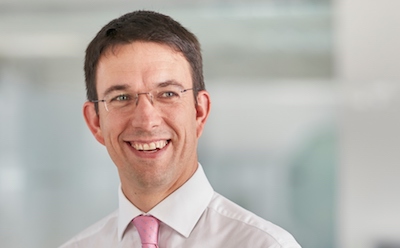Leeds Building Society said its assets topped £20 billion for the first time in the year to December 31, 2019, but its profit before tax fell to £88 million from £116.9 million in 2018 “primarily due to a fair value charge of £19.7m under international accounting rules.”
Leeds had assets of £20.8 billion at December 31, up from £19.4 billion a year earlier.
Leeds said its growth in UK residential mortgage balances, up 6.1% to £16.7 billion, was higher than the UK mortgage market growth of 3.1%.
Savings balances increased 4% to £14.5 billion.
Leeds CEO Richard Fearon said: “Our approach to providing long term value to our membership as a whole is illustrated by our performance in 2019.
“Last year we carried on paying above the market average on savings and our net mortgage lending approached £1bn, in spite of fierce competition.
“However, high levels of borrower refinancing translated into lower mortgage income, without an equivalent reduction in funding costs, and has suppressed net interest income.
“In addition, under International Financial Reporting Standards (IFRS), we have booked a fair value measurement reduction of £19.7m, which includes the effect of market rate volatility on both our legacy equity release portfolio and other mortgage assets.
“This is an accounting adjustment which will typically unwind in future periods.
“A reduction in our profit before tax was anticipated and, while we expect profits in the short to medium term to remain at lower levels than in recent years, they’ll be at the right level to support planned, sustainable growth, and add to our reserves.
“Prudent use of our profits has bolstered the Society’s established financial security and strong capital position, with CET1 and total capital ratios of 33.6% and 41.0% respectively.
“These are among the strongest risk-based measures of any UK bank or building society and underpin our ongoing investment so we’re fit for the future and stay relevant, responsive and secure for existing and new members, and our broker partners.
“We retain our keen cost focus and our cost to income and cost to mean asset ratios of 53.5% and 0.50% respectively are among the best in the sector.”
